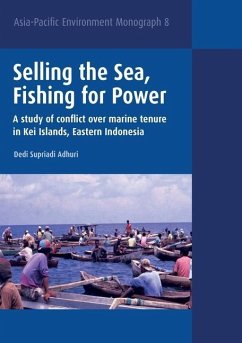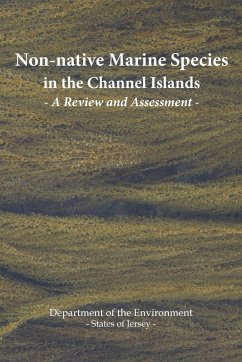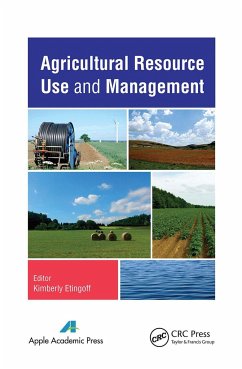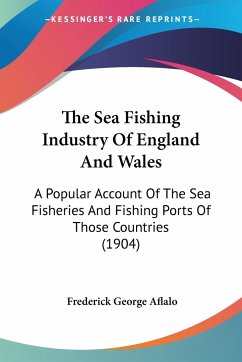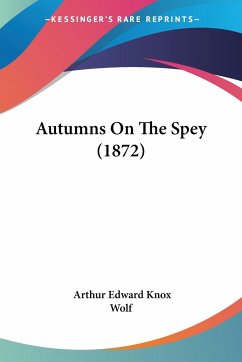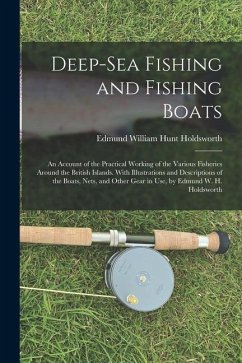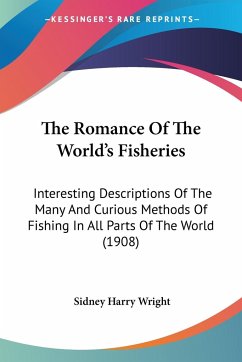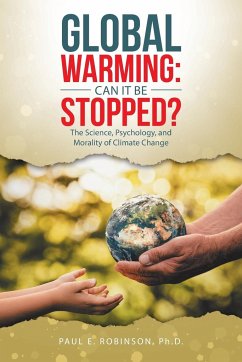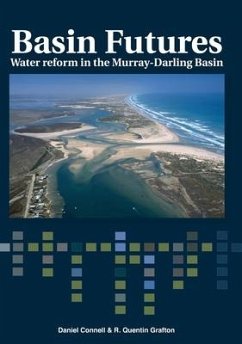
Fishing for Fairness: Poverty, Morality and Marine Resource Regulation in the Philippines
Versandkostenfrei!
Versandfertig in über 4 Wochen
28,99 €
inkl. MwSt.

PAYBACK Punkte
14 °P sammeln!
Fishing for Fairness develops an explicitly cultural perspective on environmental politics in the Philippines by analysing the responses of fishers to marine resource regulations. In the resource frontier of the Calamianes Islands, fishing, conservation and tourism provide the context where competing visions of how to engage with marine resources are played out. The book draws on data from ethnographic fieldwork with fishers, government and NGO officials, fish traders and tourism operators to show how the strategic responses of fishers to management initiatives are couched within particular cu...
Fishing for Fairness develops an explicitly cultural perspective on environmental politics in the Philippines by analysing the responses of fishers to marine resource regulations. In the resource frontier of the Calamianes Islands, fishing, conservation and tourism provide the context where competing visions of how to engage with marine resources are played out. The book draws on data from ethnographic fieldwork with fishers, government and NGO officials, fish traders and tourism operators to show how the strategic responses of fishers to management initiatives are couched within particular cultural idioms. Tapping into broader notions of morality in the Philippines, fishers express a discourse that emphasises their poverty and the obligations of the wealthy to treat them with fairness. By deploying this discourse, fishers are able to reframe what are "on the surface"questions of environmental management into issues about poverty within particular social relationships. By using a cultural political ecology framework to analyse fishers' responses to regulation, the book emphasises the distinctive ways in which marginalised people in the Philippines resist and reframe resource management initiatives. Fishing for Fairness will appeal to both academics and policy makers interested in marine resource management, political ecology, anthropology and development studies particularly throughout the Asia-Pacific --





